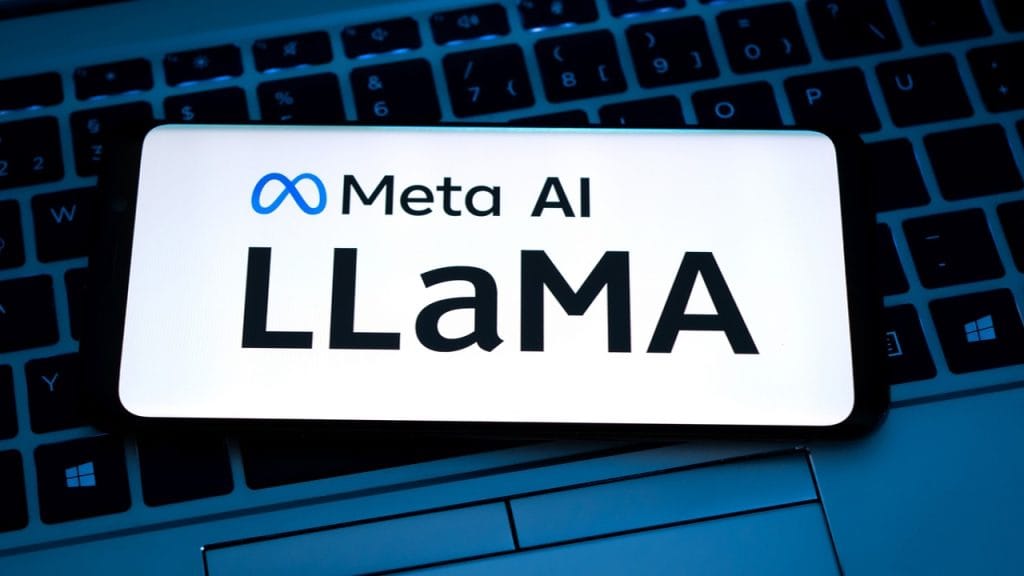Imagine a world where cutting-edge AI tools are no longer restricted to a few tech giants. You will be excited to know that Meta Expands its LLaMA AI models to US allies across Europe and Asia, opening up new possibilities for collaboration and national security applications. This move could redefine how AI is used in government, research, and defense sectors globally.
Meta’s latest expansion of its LLaMA AI models is a bold step in making artificial intelligence more accessible to trusted international partners. The company has gained approval from the US government, allowing it to share its advanced AI technologies with select countries in Europe and Asia. The focus here is not just on research but also on applications that could strengthen cybersecurity, defense systems, and critical infrastructure.

What Does This Mean for Global AI Collaboration
Meta Expands access to its LLaMA models signals a shift in how AI innovations are shared internationally. Some of the key points include:
Enhanced Security Cooperation: By sharing AI models, countries can improve threat detection, cybersecurity measures, and national defense strategies.
Innovation Acceleration: European and Asian research institutions now have access to state-of-the-art AI, accelerating innovation in healthcare, climate science, and technology.
Ethical AI Development: Meta is emphasizing responsible AI use, ensuring that these tools adhere to ethical guidelines and international standards.
How Meta LLaMA AI Works
LLaMA, short for Large Language Model Meta AI, is designed to process vast amounts of data and generate human-like text responses. Governments and research agencies can use it for multiple applications:
Real-time translation and communication support across international teams
Predictive modeling for disaster response and risk management
Data-driven decision-making for policy and national security planning
Meta has built in safeguards to ensure that LLaMA AI is used responsibly. These include strict access controls, usage monitoring, and compliance with privacy regulations. This ensures that while countries benefit from the AI, sensitive data remains secure.
Why This Expansion Matters Now
Global AI competition is heating up, and access to advanced models can determine technological and strategic advantages. By expanding LLaMA AI to key US allies, Meta is positioning itself as a leader in responsible AI distribution. Experts suggest that this move could:
Strengthen alliances through technology sharing
Reduce the AI capability gap between countries
Encourage more collaborative AI research projects internationally
This initiative comes at a time when AI-driven solutions are critical for national security, healthcare, and economic planning. You can expect more nations to seek similar collaborations as AI continues to reshape how governments operate.
What Experts Are Saying
Industry analysts highlight that Meta’s decision to share LLaMA AI with trusted allies is a thoughtful strategy. By carefully selecting partners, Meta ensures that its AI is deployed in contexts that maximize positive impact while minimizing misuse. Researchers also see this as an opportunity to refine AI systems, making them safer and more efficient.
Looking Ahead: What You Should Know
Meta Expands AI access thoughtfully, but there is more to come. You can expect:
Broader applications across healthcare, defense, and climate modeling
Ongoing updates to LLaMA AI to improve accuracy and ethical compliance
Potential expansion to additional allied nations as trust and security frameworks evolve
This global AI initiative by Meta not only boosts technological collaboration but also underscores the importance of responsible AI sharing. It is a fascinating development for governments, businesses, and tech enthusiasts who want to stay ahead in the AI revolution.
Meta’s bold move shows how strategic technology sharing can create a safer, more innovative, and interconnected world. You’ll want to keep an eye on how this expansion shapes international AI projects and global security strategies in the coming months.
